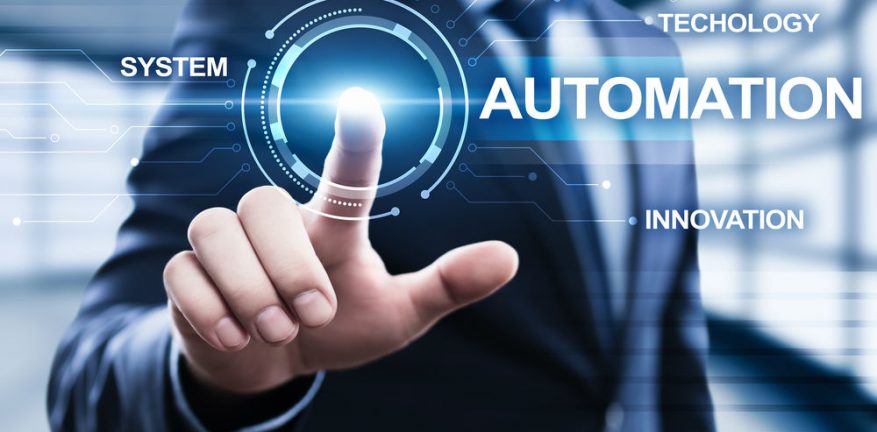It’s become something of a cliché to state that technology is evolving at a rapid pace. Yet year on year that sentiment still rings true as the rate of change continues to accelerate. Nowhere is this more apparent than in the cutting edge fields of AI, blockchain, IoT, robotics and 3D printing.

While some of these technologies are still relatively niche – after all, robotics and 3D printing are yet to find their way into every office – AI has certainly become embedded into everyday life. Indeed, there are few workplaces now in the developed world where IoT hasn’t already made a significant mark.
Whether it’s the tracking of goods from factory to doorstep or the regulation of a heating system in a museum or gallery, IoT and AI can combine to collect huge volumes of data, analyse them in the shortest time and present key insights to users. As a result, team members can then make informed decisions at every turn.
Sectors may once have felt trepidation at leaving key supply chain, facilities management or even legal functions to artificial intelligence tools. But in 2021, the use of AI and machine-learning software has become the mark of a responsible, forward thinking and trustworthy enterprise – quite simply because automation has proven itself to be less fallible than human efforts.
This is evident in a range of industries such as manufacturing, healthcare and utilities. From collating and compiling substantial volumes of customer data and putting it at a professional’s fingertips, to improving the accuracy and validity of contract management, artificial intelligence is not to be seen as a high-risk technology – as may once have been the misconception.
AI and trust in healthcare
There are few areas where trust and privacy are more important than in the healthcare sector. It is in this field that AI applications are perhaps advancing at the fastest rate. Key success stories include the use of AI in identifying skin cancer among patients, as well as detecting lung cancer from screening tests. Over time it is hoped that machine learning will enable doctors to cut waiting times and treat more patients by using technology to accurately diagnose and screen patients.
AI has also found itself integrated into what we now term “smart hospitals”, utilising a network of sensors and devices to support human endeavour. During the Covid-19 pandemic this technology has even been used to assist with contactless patient monitoring to keep care quality high whilst reducing the risk of transmission of the disease.
AI in contract intelligence
One way AI is helping to serve organisations across a range of different sectors is through contract intelligence. Using AI-based solutions, it is possible to save up to 80% of review time and reduce the dependence on costly human resource. By extracting key information from contracts and legal documents, this kind of intelligence tool makes it possible to search documents and compare information, freeing up staff time to work on other tasks.
By decreasing the costs of processing information, accurately classifying data, improving response times through intelligent automation, businesses can dramatically improve their efficiency and their customer experience – building trust and confidence in the process. This means that everyone from Fortune 500 companies to SMEs can enhance their service and gain an important competitive advantage over other businesses in their sector.
Ready to incorporate contract intelligence into your organisation’s suite of software tools? Find out how Cortical.io can help.